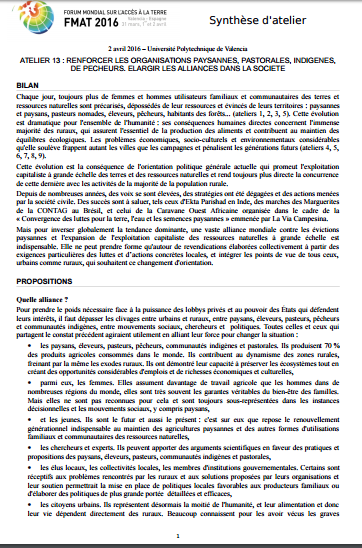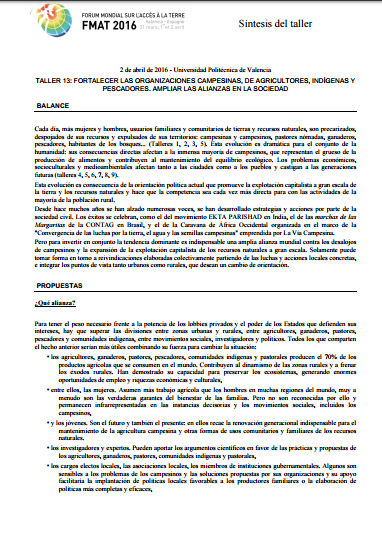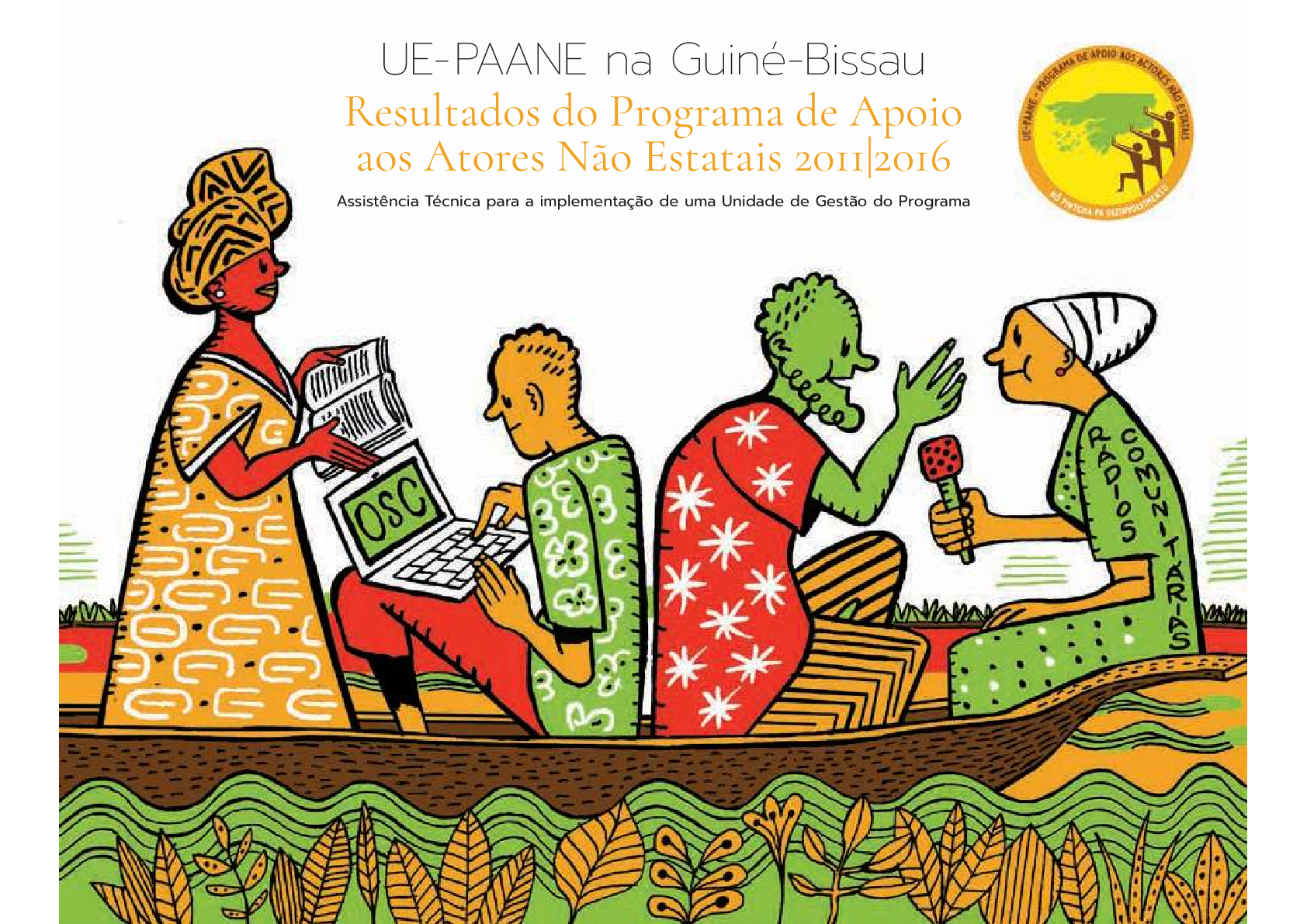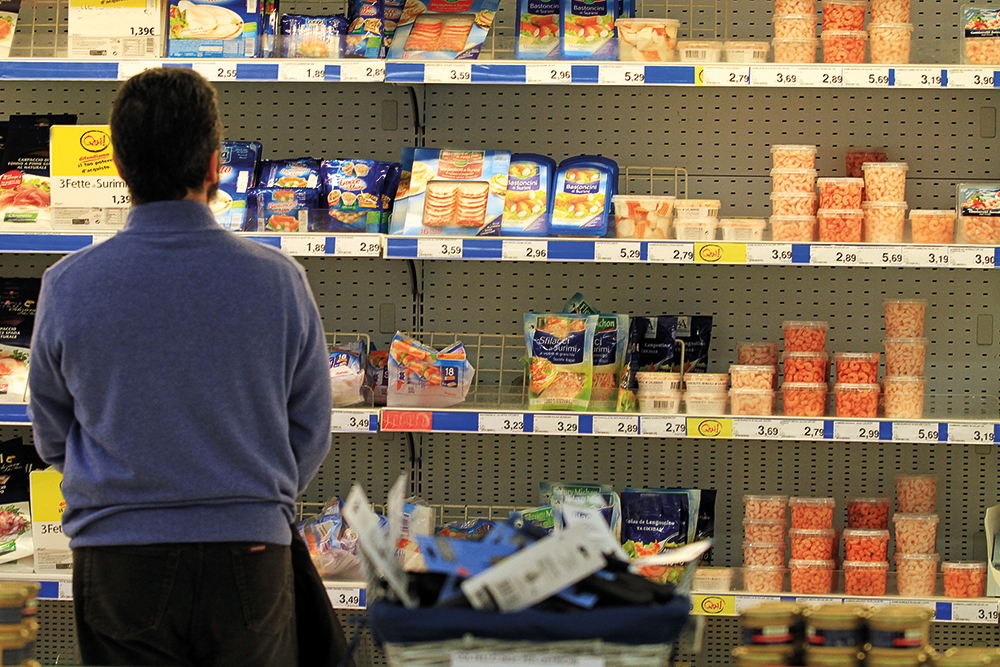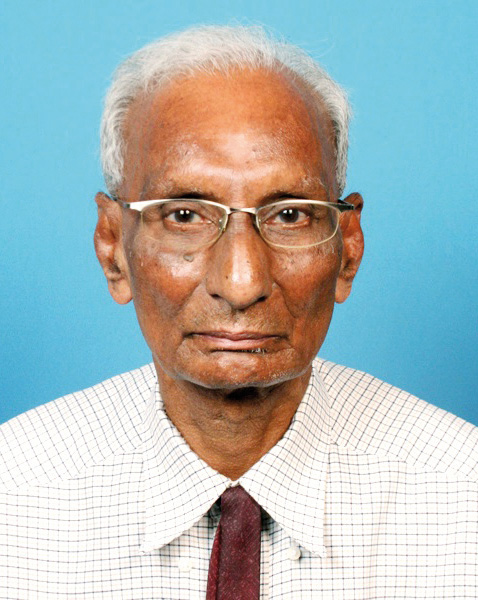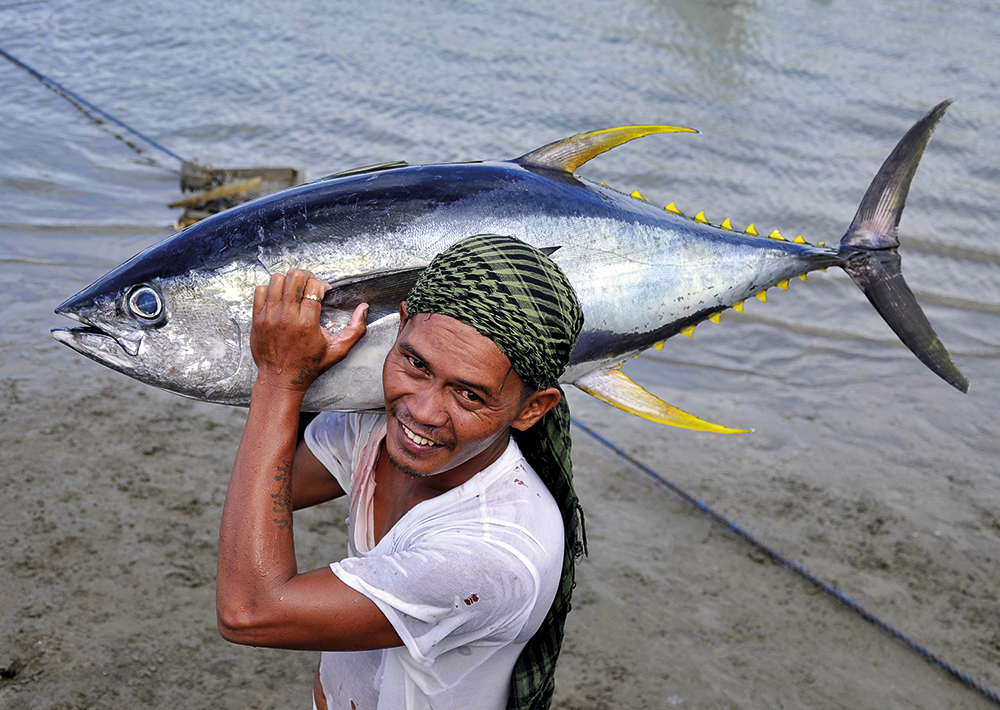WORKSHOP 13: STRENGTHENING RURAL, PASTORAL, INDIGENOUS, AND FISHING ORGANISATIONS. BROADENING ALLIANCES ACROSS SOCIETY
Every day, more and more family/small holder users of land and natural resources find themselves made more insecure, deprived of their resources and evicted from their land. This affects peasants, nomadic herders, livestock farmers, fishermen and fisherwomen, forest dwellers … (Workshops 1, 2, 3, 5). This change is a dramatic one, affecting the whole of humanity. The direct human consequences of this change affect the vast majority of rural residents, who carry out the essential work of food production and contribute to maintaining ecological balance.

